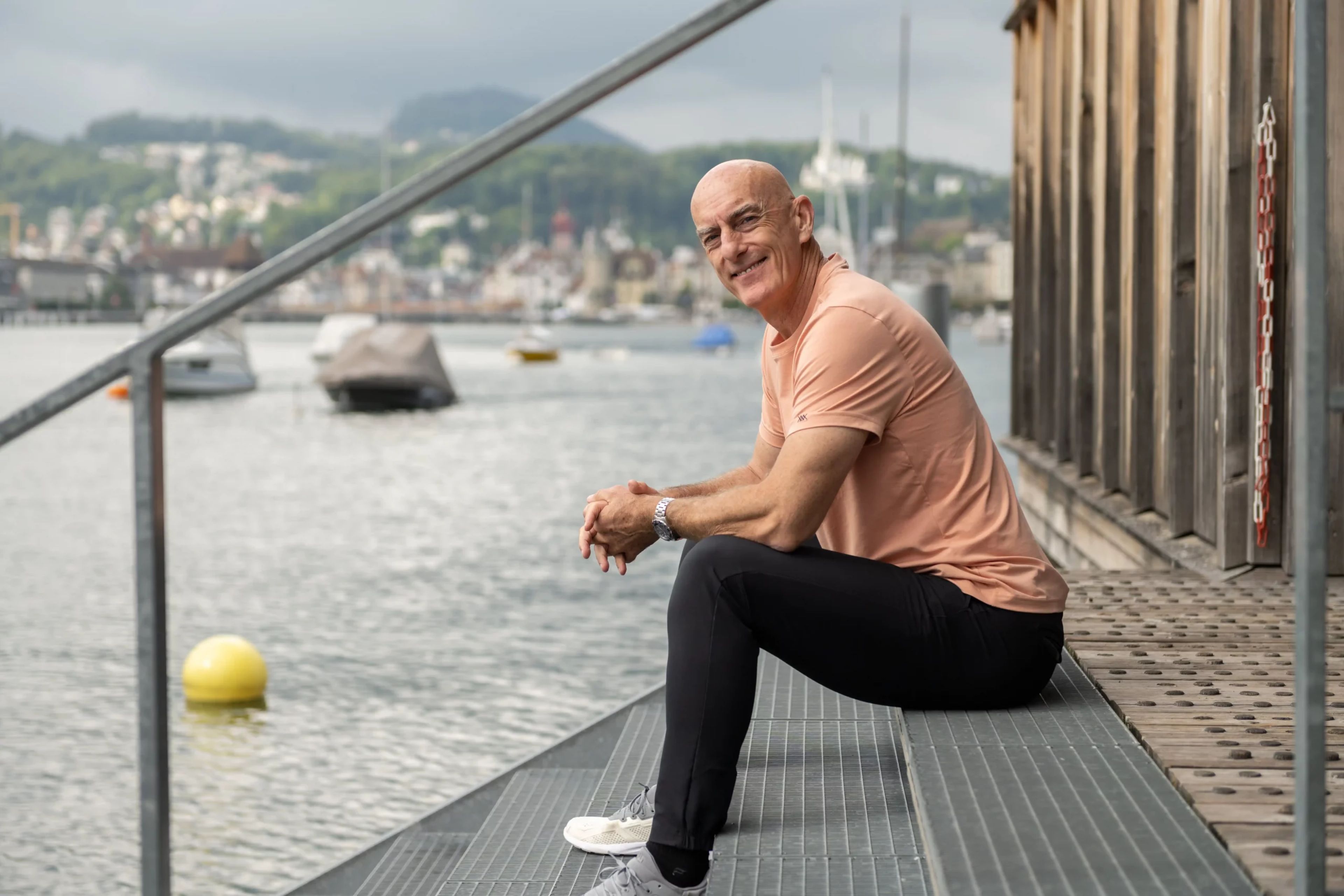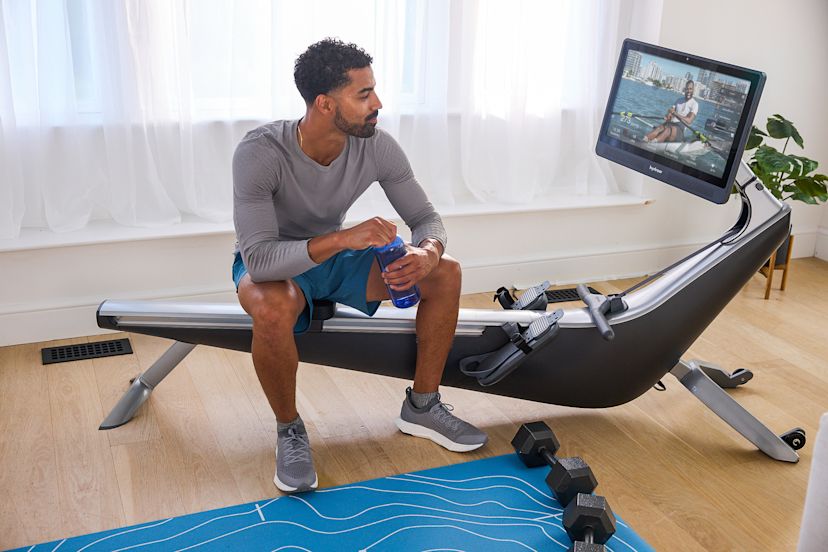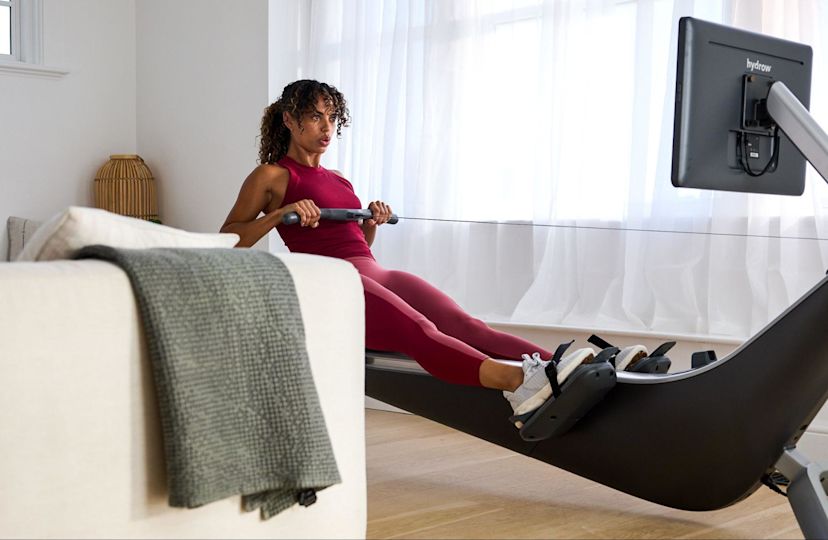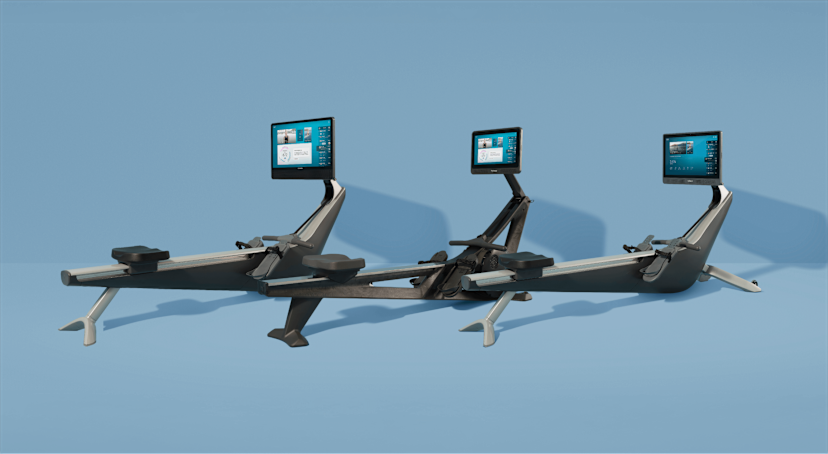Peter Donohoe: 2x Olympian in Bobsledding

As a two-time Olympian, what does it mean to have represented Ireland at the highest level?
It’s an honorable accomplishment to have represented my country at the absolute highest level. I am so proud to have done my best both for my country and my family.
How did your training (and life generally) change once you knew you were going to be representing Ireland as an Olympian?
Once I knew I was going to both Nagano, Japan and Salt Lake City, the only thing that changed was my mindset. After that, there was less pressure to chase points to qualify, and this gave me the month leading up to the competition to establish some consistency with my training. Time on the road, inconsistent sleep due to jet-lag, change in eating habits, managing injuries, the ups and downs of competition all impact recovery and progress with your training. I felt relieved that I could pay attention to quality training and rest and focus on being the best version of myself to show up on race day.
During the Opening Ceremonies, what was it like to step out representing your country? How did you feel?
Pure joy. I couldn’t find words to capture the feelings, but my mind was telling me to look, hear and take it all in. The commitment to the process, the time away from family and from work had brought me to this moment. In a word: euphoria.
What is the energy in both Nagano, Japan and Salt Lake City, USA?
Electric and wild. You’re present to the fact that you’re also part of this extraordinary group of hard-working athletes who’ve been on similar journeys, and who’ve done the work to get to the highest level. I was also a little star-struck at my first Games, eating breakfast with multiple Gold medalists who are superstars back home. I remember one afternoon in the dining hall, Wayne Gretzy sat down and had coffee with me because he wanted to meet other athletes from different sports.
You represented Ireland as an Olympian not once, but twice! What were the four years between Nagano in 1998 and Salt Lake City in 2002 like? Did your mindset change at all after your first qualification?
Yes, in fact reaching the first Games in Japan was a struggle, filled with challenges to get my team to not only qualify, but to convince sponsors and our governing council that we had done all the work to warrant participation in Japan.
Planning for the next 4 years; I hired 2 coaches, secured sponsor support, purchased better runners (Blades) for the sled, picked the races that would help improve my world ranking and to secure qualification for Salt Lake earlier than the first time around. It felt like I was running a business, where I established systems and structures that would lead to success.
Did being one of the best in the world change your outlook on competition?
My outlook on competition was to set our sights on improving as we went from race to race. I’ve redefined the word “failure” to “pathway to success”. My view now is that it’s important to embrace failure as an opportunity to learn. Competition is healthy and can bring out the best in us, as long as we don’t let the “non-successes” get in the way.
How did competing at the highest level impact your mindset to taking care of your body long term?
When you train hard to get the best out of your body, you’ll occasionally fall into the “more is better” trap. For example; If I do more reps, if I add more load..etc. Even though you’re working harder, you may not be on the right or safe path to accomplishing your goal. In my young days as a developing athlete I received my fair share of injuries from overuse and incorrect movement. I also didn’t know the value of warm ups and mobility.
In order to compete at the highest level, you have to “train smart”. Learning to listen to your body, treating recovery days with the same level of commitment as you would your training days, sleeping and eating well, and working with a qualified and experienced coach who can help guide you to success. I still take what I’ve learned by adding diversity into my exercise routine by incorporating Mobility and Flexibility. This keeps my body moving freely and allows the best possible function without pain or injury. Functional movement has become a critical path for longevity.
How do your experiences as a two-time Olympian translate into being a Hydrow Athlete?
When training to become an Olympian, you learn to be patient and methodical. As a Hydrow Athlete I have an opportunity to share what I’ve learned that has truly changed how I move and how I organize my workouts to accomplish my goals. I’d also say that the diversity and experience I’ve had in the journey to becoming an Olympian is something I have an opportunity to share with our Hydrow members and teammates.
What would you say to the aspiring athletes reading this who want to take themselves to the next level?
A few things: - Seek out a qualified and established coach who knows your sport. - Treat your recovery days with the same level of commitment as your hard training days. - Learn to embrace the good and the not so good days, because that’s a normal trajectory for improving performance. You can’t operate at maximum capacity everyday. - If you fall down or “fail” it’s an opportunity to learn. - Remember to enjoy every moment and every step on the journey to athletic excellence.


